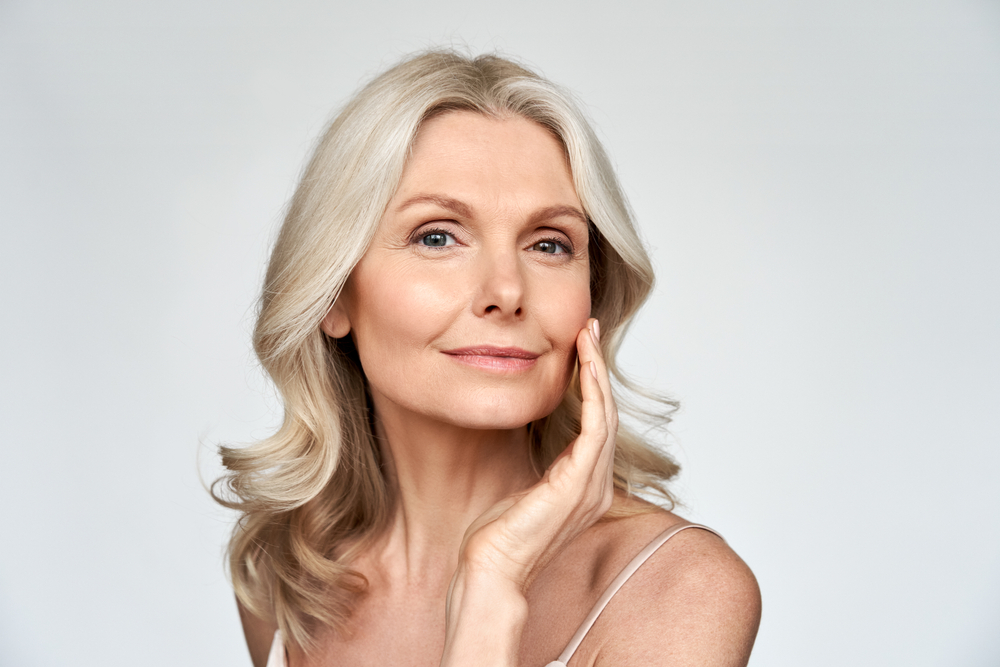
What is Anti-Aging Medicine
What Does Anti-Aging Medicine Do?
As people age, their bodies go through various changes, including a decrease in hormone levels, which can cause a variety of health issues. The term “anti-aging medicine” is used to describe a range of medical therapies and treatments designed to slow the aging process and improve overall health and wellness. It typically involves a combination of lifestyle and dietary changes, supplements, and hormone therapies. The main goal of anti-aging medicine is to slow the aging process, which in turn can lead to a longer, healthier life. It can also reduce the risk of age-related health conditions such as diabetes, heart disease, and stroke. Additionally, anti-aging medicine can help to improve energy levels, mental clarity, and overall quality of life. This specialty includes a wide range of treatments and therapies designed to improve overall health and wellness as people age. In this article, we will explore the use of hormones in anti-aging medicine.
Hormones and Aging
Hormones are chemical messengers that regulate various functions in the body, including growth, metabolism, and reproduction. As people age, their hormone levels naturally decline, which can cause a variety of health issues. For example, men may experience a decrease in testosterone levels, which can lead to decreased muscle mass, increased body fat, and a reduced sex drive. Women may experience a decrease in estrogen levels, which can cause hot flashes, vaginal dryness, and other symptoms of menopause.
Hormone Replacement Therapy
Hormone replacement therapy (HRT) is a treatment that involves replacing the hormones that the body has lost. Hormone therapy is a key component of anti-aging medicine. Hormone therapy involves the use of bioidentical hormones, which are hormones that are identical in chemical structure to those produced by the body. Bioidentical hormones are preferred over synthetic hormones because they are more easily metabolized by the body and have fewer side effects. This makes them a popular choice for HRT, as they are believed to be safer and more effective than synthetic hormones.
HRT can be used to treat a variety of conditions, including menopause, andropause (male menopause), and thyroid disorders. It can also be used to improve overall health and wellness in aging individuals. For example, HRT has been shown to reduce the risk of cardiovascular disease and improve cognitive function in some individuals. In addition, hormone therapy may also help reduce the activity of cells called osteoclasts, which break down bone tissue. By decreasing the activity of osteoclasts, hormone therapy can help slow down bone loss and reduce the risk of fractures.
Benefits and Risks of Hormone Replacement Therapy
While HRT has many benefits, it also comes with some risks. One of the biggest risks associated with HRT is an increased risk of certain types of cancer when a patient already has existing cancer. These risks are higher in individuals who take synthetic hormones or who have a family history of these conditions.
Despite these risks, many individuals find that the benefits of HRT outweigh the risks. HRT can improve the overall quality of life by reducing symptoms of menopause or andropause, improving bone density, and reducing the risk of cardiovascular disease. However, it is important to work closely with a healthcare provider to determine if HRT is right for you and to monitor for any potential side effects.
Natural Hormone Boosters
In addition to HRT, there are several natural hormone boosters that can help improve hormone levels and overall health and wellness. These include:
- Exercise: Regular exercise can help improve hormone levels, including testosterone and growth hormone, which can help improve muscle mass, reduce body fat, and improve overall health.
- Sleep: Getting adequate sleep is important for hormone balance, as sleep helps regulate the release of hormones such as cortisol, which is important for stress management.
- Nutrition: A healthy diet that is rich in nutrients and low in processed foods can help improve hormone levels and overall health.
- Stress Reduction: Chronic stress can have a negative impact on hormone levels, so finding ways to manage stress, such as through meditation or yoga, can be beneficial.
Conclusion
Anti-aging medicine is a medical specialty that focuses on preventing or reversing the effects of aging on the body. Hormones play a key role in aging, and hormone replacement therapy is one of the main treatments used in anti-aging medicine. By restoring hormone levels to those of a younger person, anti-aging medicine can help to reduce the effects of aging. For more information on Bioidentical hormones or to determine if this anti-aging medicine is right for you, contact us at Vitality Aesthetic & Regenerative Medicine today!

